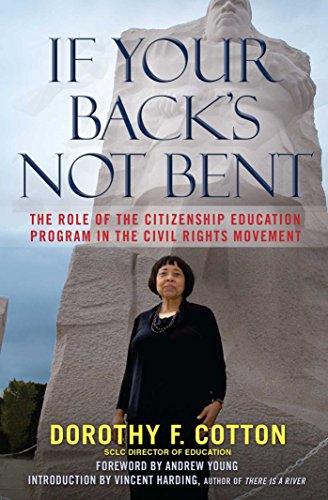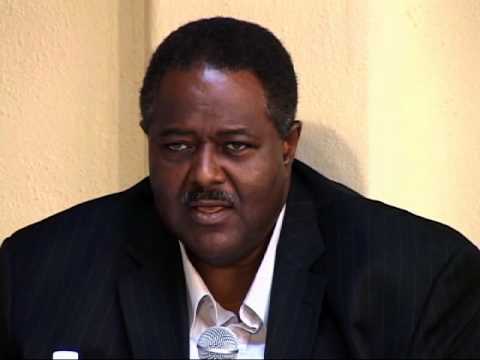In the realization that something is wrong with the very civic fabric of our society rather than simply the ethics of individuals or any one sector, Tony Massengale and I (with the help of many key partners) co-authored the Civic Organizing Framework.
Organizing and Political Traditions
Both Tony and I were mentored in organizing and political traditions. The only way one becomes an organizer is through practice and through apprenticeship by a senior or lead organizer within an organizing agency. We both were involved in the protest movements and electoral politics of the sixties and seventies. My apprenticeship came out of electoral organizing, or what is now called partisan politics. I was a field organizer in large-scale electoral campaigns during the eighties. Tony was a student of the Black Power Movement, and formally apprenticed in community-based organizing through the Industrial Areas Foundation, a national and now international organization founded by Saul Alinsky.
Renewing the Field of Organizing
At the same time that we honor our life work and adapt the “best practices” of our organizing experiences, we have come to the conclusion that the field of organizing needs to be renewed in light of its own principles. That is what led us to develop a new kind of organizing called civic organizing. Its aim is to restructure professional work in order to create institutions that are accountable to democratic principles.
We argue that in the 19th and 20th century organizing improved the lives of many people, especially those in the working and middle class and those left out of the promises of American democracy. It did so by democratizing fundamental institutions to make them more relevant in their time. We believe the same needs to be done in the 21st century. We believe that a new kind of organizing is required that once again engages those of us in the middle whom, because of the political successes since the sixties, now are the system. The new kind of organizing moves beyond one issue, one community, one institution, and beyond adversarial politics and instead practices and teaches a new kind of politics that goes deep inside systems to renew them in light of today’s global economy.
Civic Organizing
Civic organizing produces a base of institutional partners accountable to the literal meaning of politics (the work of the citizen), the literal meaning of justice (to seek the right relationship), the literal meaning of public (a mature people) and the principles of organizing. Together we create a climate for civic renewal within our systems, leverage and restructure institutional resources, organize and support a constituency base of other leaders who use their practice to make a case for a new kind of politics and policy making to renew a civic infrastructure that makes democracy an effective form of governance.
By Peg Michels. Michels is the founder and executive director of Civic Organizing, Inc., a partner in the Minnesota Active Citizenship Initiative.



